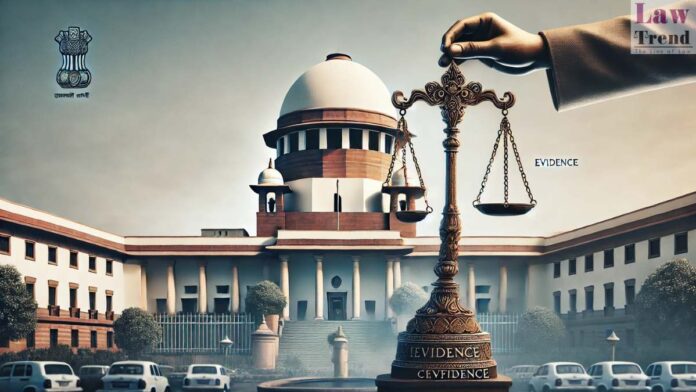The Supreme Court of India, in a detailed judgment delivered by Justice C.T. Ravikumar and Justice Sudhanshu Dhulia, dismissed the appeal of the State of Madhya Pradesh against the acquittal of three accused in the 1996 murder case of Naseem Khan. The apex court emphasized that in cases where the evidence fails to establish guilt
To Read More Please Subscribe to VIP Membership for Unlimited Access to All the Articles, Download Available Copies of Judgments/Order, Acess to Central/State Bare Acts, Advertisement Free Content, Access to More than 4000 Legal Drafts( Readymade Editable Formats of Suits, Petitions, Writs, Legal Notices, Divorce Petitions, 138 Notices, Bail Applications etc.) in Hindi and English.




